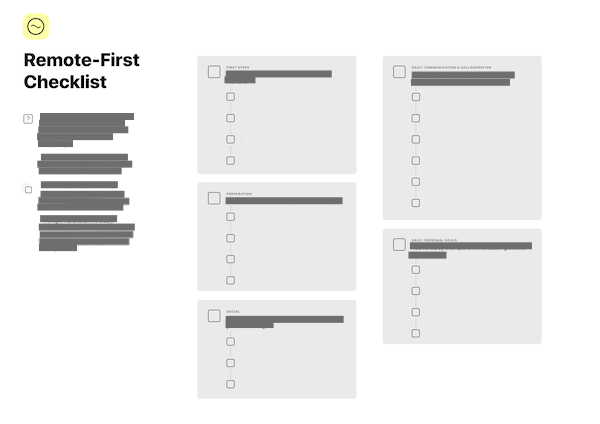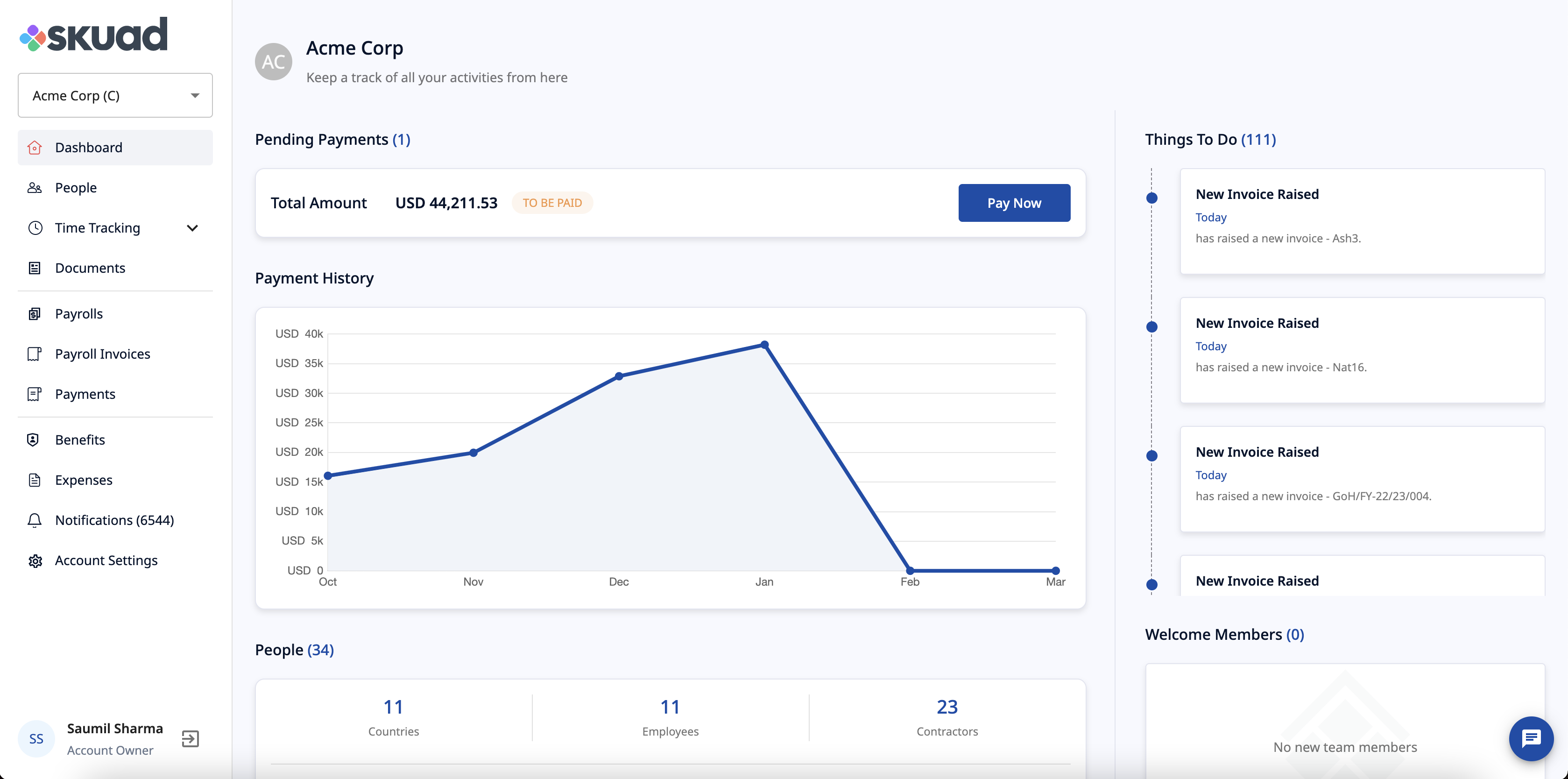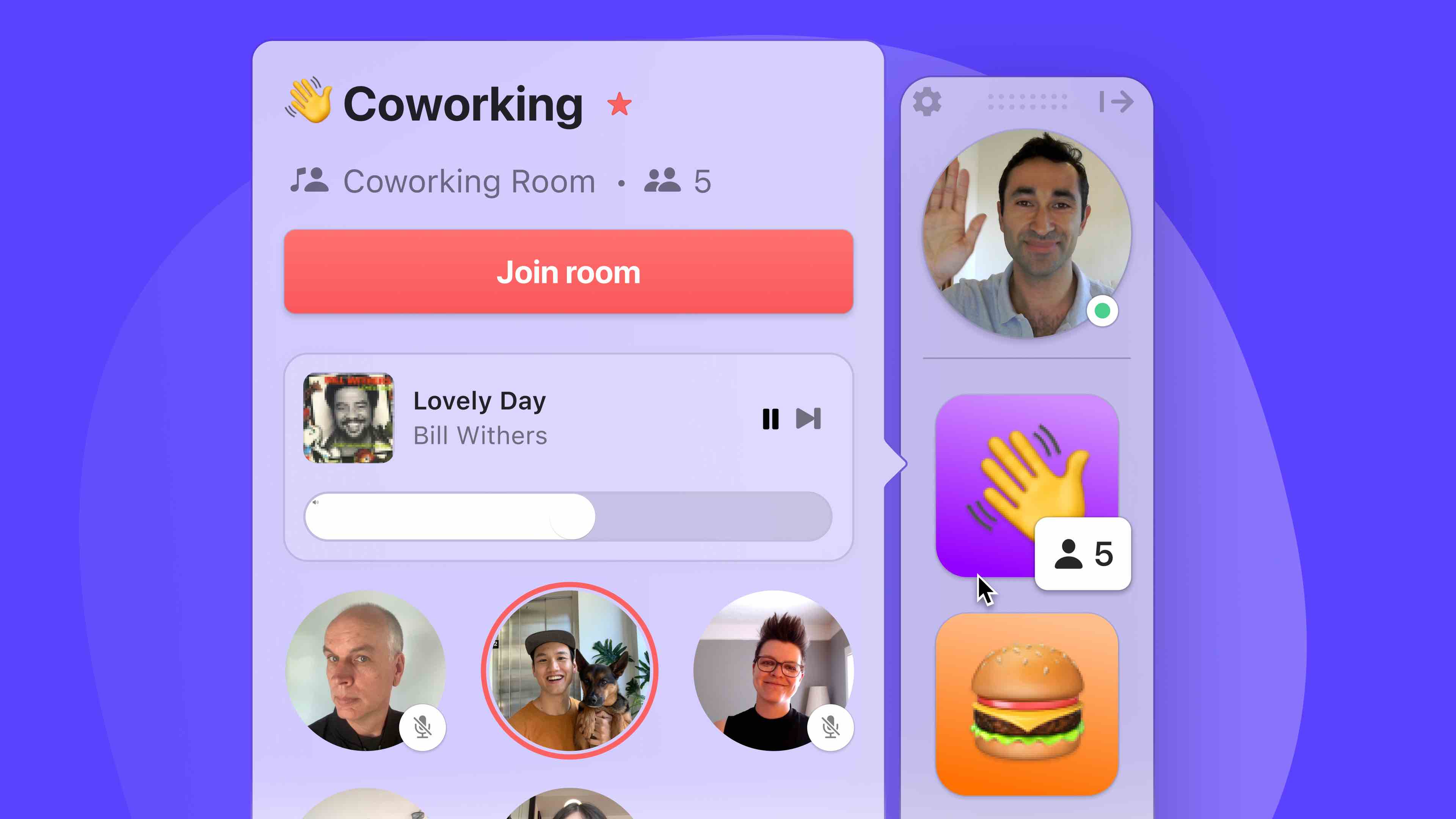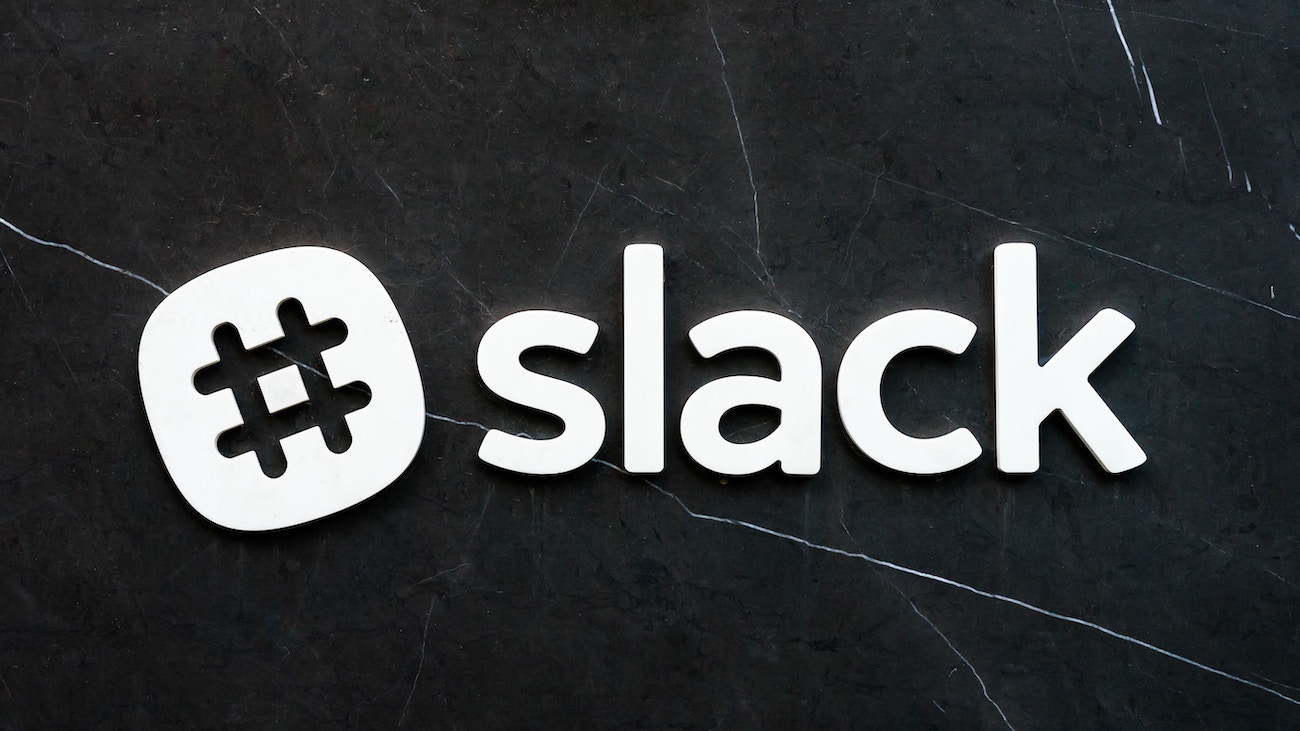Our remote-first checklist helps you implement and check day-to-day workflows to get you towards being a remote-first company.
Daily Check-ins to stay on Track
Preparation & Long-Term Goals
Absolutely Free!
Curated reading lists of our content, organized for any situation, from transitioning to remote, to building an all-remote team
Learn best practices
Build an all-remote, remote-first team
Transition existing teams to remote work
Remote management best practices
A safe haven for remote founders, managers, employees and advocates. Be it work-related or not, this is the space to share it.
A small, private circle
Limited spots, opened every week
Strict policy against spam

Taking your team on an offsite retreat is a fantastic way to foster cohesion, boost creativity, and recharge everyone's batteries. With so many captivating destinations across the United States, it can be challenging to choose the perfect location. In this blog post, we'll take a closer look at the top five company offsite retreat locations in the US, ensuring your team has an unforgettable experience.

Employee classification is important for companies to ensure compliance with employment laws and avoid potential legal issues. Read on to learn more.

Discover here the importance of pay period, its difference from pay cycle, and ways to pay remote employees.

Discover the importance of employee value proposition and how to establish one.
Build your remote-first mindset by using our checklist with over 20 tips and habits to building remote-friendly knowledge and workflows!
We will send you the checklist as downloadable PDF right away!


Skuad is a global HR compliance and digital payroll platform that enables companies to build diverse remote teams, seamlessly. Skuad manages everything from international payroll to local compliance — so that you can employ contractors and full-time employees, anywhere. Our global employment infrastructure enables companies like yours to instantly hire and onboard talent in over 160 countries, across APAC, Europe, America, and Africa.

Remotion is a virtual co-working suite. It’s a MacOS app which runs as a dock on the side, top or bottom of your screen. It gives you instant access to anyone you work with in the form of audio/video calling and basic ‘who’s online and what are they up to?’ availability management. Think “Clubhouse for your internal teams”.

Panther is the easiest way to hire, run, and pay a team that works from anywhere. By taking care of payments and compliance in 160+ countries, Panther empowers distributed teams to work with the best talent in the world. No matter where those people live.

Slack has changed the game for team communication, but when it comes to remote work, it has some crucial design flaws. How can you overcome them?
Our toolkit page is home of close to 50 hand-picked tools. We have tried, tested and hand-picked each of these tools and approve them.
DiscoverWe reach people from all continents and over 82 countries. Our community might be one of the most distributed communities out there.
Too many communities turn into job boards and spam hell. My duty is to talk with every single member of the community and sort the bad apples out.
Communities without learning potential are no bueno. We use a mix of fireside chat and discussion forum to preserve knowledge long-term.
Not all knowledge comes in the form of a 1,500-word blog post. We are lucky that we can gain knowledge from industry leaders every day, and are not afraid to share it!
We want to help you succeed in your endeavour, and are ready to help you with the advice of trusted advisors and seasonal discounts for remote work tools.
We are working on something very exciting, and as a member you will be able to get your hands on it first, and shape the form of it.
We send out a curated newsletter of content around a specific remote work topic every other week. Sign up now and don't miss the next one!
Still on the fence? You can read our
A collection of resources, all around a certain remote work topic, sent every other week.
Still on the fence? Read
© 2026 NoHQ. All rights reserved.